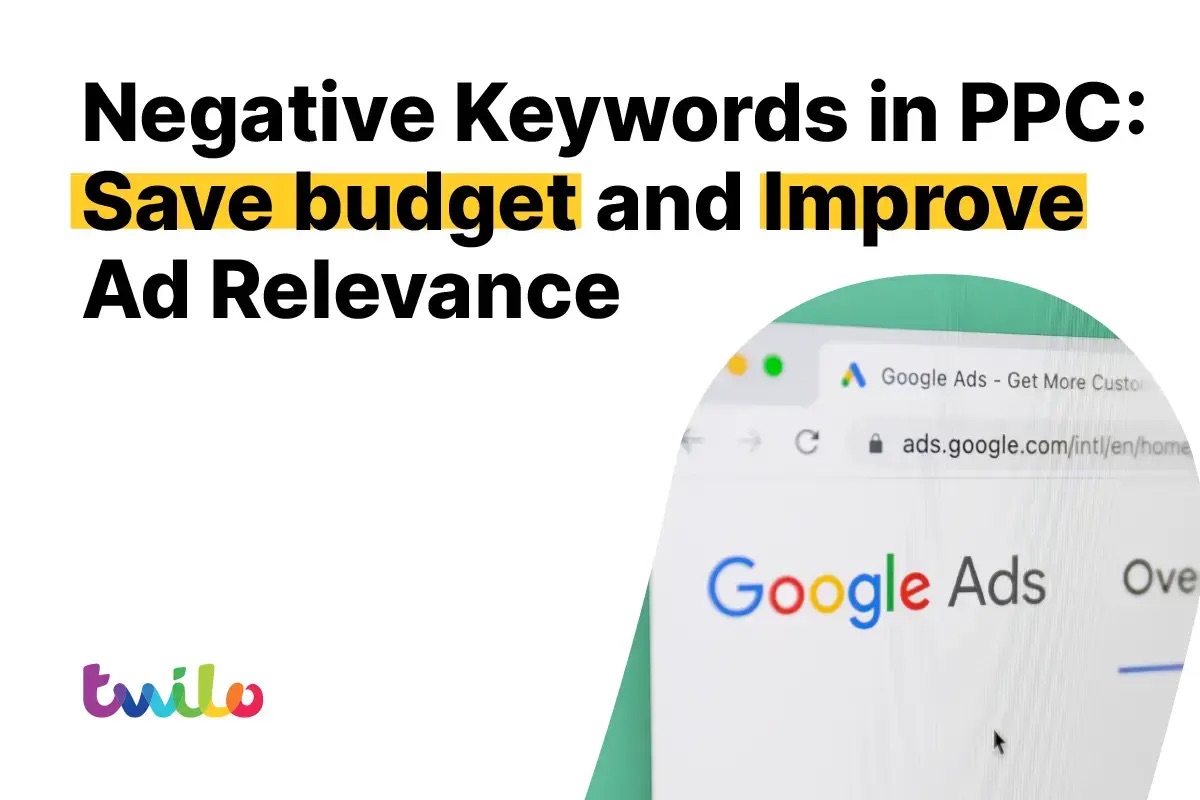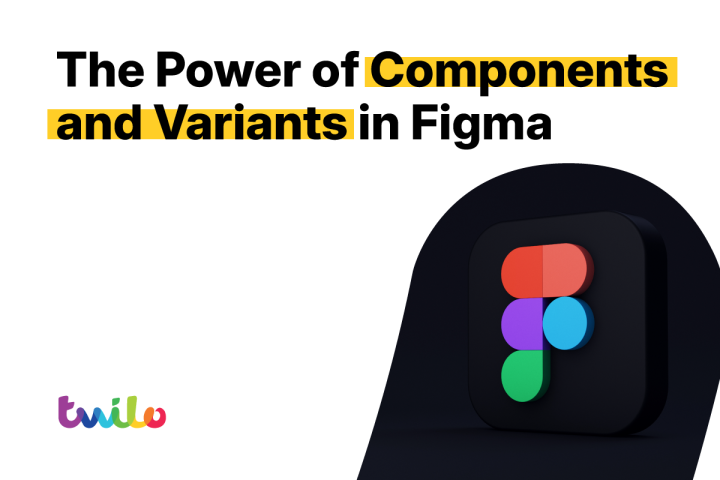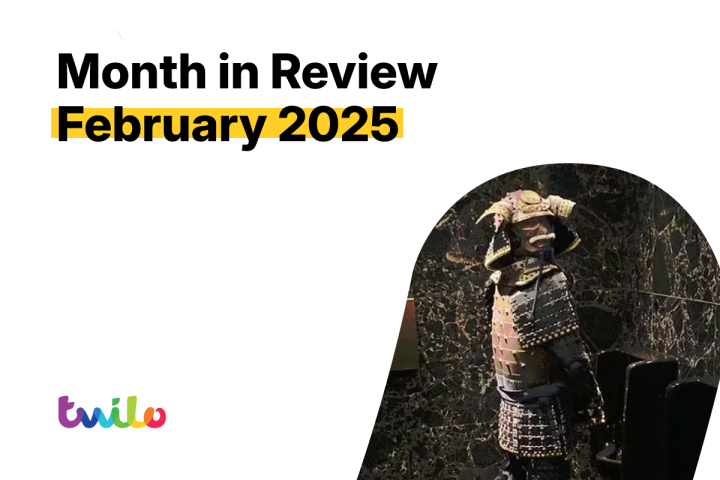When managing a pay-per-click (PPC) campaign, driving relevant traffic is critical to maximising ROI. Yet, as Google Ads becomes more competitive, even the best-targeted campaigns can waste budget if they attract unqualified clicks. This is where negative keywords become crucial. By filtering out irrelevant search terms, negative keywords allow you to focus your PPC budget on clicks that matter most, saving money and improving ad relevance.
What Are Negative Keywords?
Specific words or phrases that prevent your ads from appearing in search results for terms unrelated to your product or service are known as negative keywords. By adding these terms to your campaigns, you can refine your audience and avoid paying for clicks from users who are unlikely to convert.
For example, imagine you run a business online selling high-end bedroom curtains. You’ll want your ads to show up for terms like “buy bedroom curtains” or “luxury bedroom curtains,” but not for terms like “free bedroom curtains” or “lounge curtains.” By including “free” or “lounge” as negative keywords you’ll ensure that people searching for these irrelevant terms won’t see your ad.
Why are Negative Keywords Important?
- Improved Ad Relevance: You can ensure that your ads are shown to users who are more likely to be interested in your products or services by filtering out irrelevant search terms.
- Lower Cost-Per-Click (CPC): Clicks that aren’t relevant can increase your CPC. By using negative keywords, you can cut down on the number of irrelevant clicks and lower your overall costs.
- Higher Quality Score: A higher Quality Score can lead to lower ad costs and better ad positions. Negative keywords can help improve your Quality Score by increasing ad relevance.
The Different Negative Keywords Match Types
Negative keywords also have match types the same as search keywords, broad, exact and phrase. However, these negative match types work differently to the positive keywords. The main difference is that you’ll need to include singular or plural versions, misspellings and synonyms if you’d like to exclude them.
Negative broad match – This is the default type for negative keywords. Your ad won’t show if the search contains all your negative keyword terms, even if the terms are in a different order. E.g. your broad negative keyword is “blue curtains”, your ad won’t show for blue curtains or curtains blue but will show for blue curtain.
Negative phrase match – Your ad won’t show if the search contains the exact keyword terms in the same order. The search may include additional words, but the ad won’t show if all the keyword terms are included in the search term in the same order. The search may also include additional characters to a work and the ad will show even when the rest of the keyword terms are included. In the search in the same order. E.g. your phrase negative keyword is “blue curtains”, your ad won’t show for bright blue curtains but will show for curtains blue or blue curtain.
Negative exact match – Your ad won’t show if the search contains the exact keyword terms, in the same order, without extra words. Your ad may still show if the search contains the keywords terms with additional words. E.g. your exact negative keyword is [blue curtains], your ad won’t show for blue curtains but will show for curtains blue or blue curtain.
It’s important to remember to choose your negative keywords carefully. If you use too many negative keywords, your ads might reach fewer customers. Negative keywords also, don’t match to close variants, so your ad might still show on searches or pages that contain close variations of your negative keyword times.
How to Identify Negative Keywords
- Analyse Search Term Report: Your PPC account will include a report that shows the specific search terms that triggered your ads. Identify any irrelevant terms and add them as negative keywords.
- Keyword Research: Use keyword research tools to identify broad match keywords and related terms that might not be relevant to your target audience.
- Competitor Analysis: Analyse your competitors’ ad campaigns to identify negative keywords that they are using.
Tips for Effective Negative Keyword Management
- Start with a Strong Foundation: Begin with a solid foundation of negative keywords based on your initial keyword research.
- Regularly Review and Update: Regularly examine your negative keyword list and add new keywords as needed.
- Use Negative Keyword Lists: Organise your negative keywords into lists based on themes or campaigns to make management easier.
- Use Negative Keyword Match Types: Experiment with the different match types mentioned earlier in the blog (exact, phrase, and broad match) for your negative keywords to improve your targeting.
Conclusion
Negative keywords can increase CTR, improve conversion rates, and cut down on wasted ad spend when used correctly. By proactively filtering out irrelevant searches, you ensure your budget is focused on reaching the right audience. For marketers managing PPC campaigns, regular negative keyword optimisation should be a priority in maintaining ad relevance and maximising ROI.
If you’d like to discuss how Twilo can help you maximise ROI through PPC campaigns, please get in touch today.
Tel: 0113 898 0800
Email: studio@twilo.net




